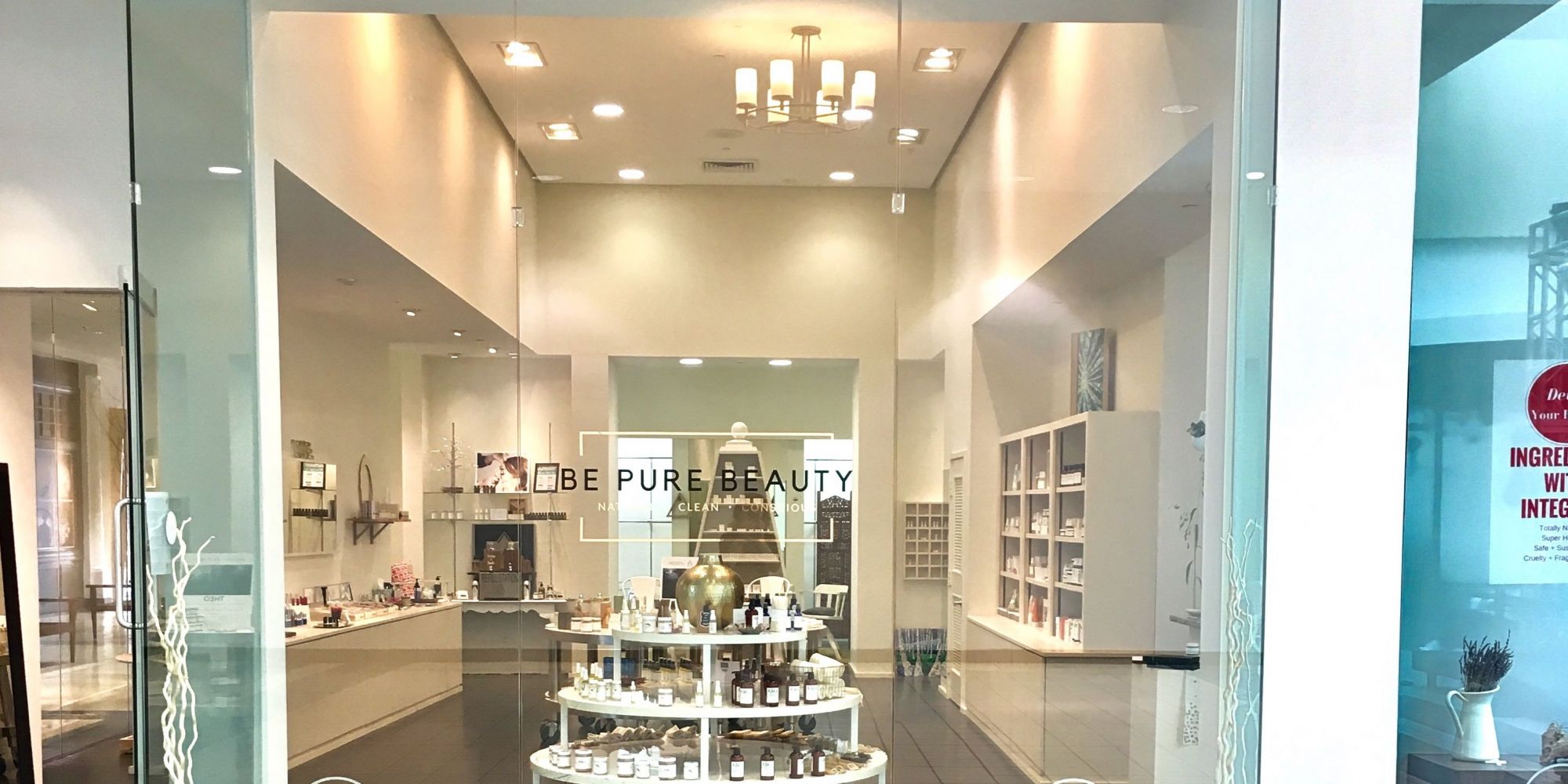
Retailer Be Pure Beauty Isn’t Sticking To One Store For Long
Be Pure Beauty has a bold vision for growth.
A year after opening in Chapel Hill, N.C., the natural beauty retailer has a second location on its radar in Charlotte and many more planned for the years to come. Founder and beauty industry veteran April Manring is steering the concept to cities nationwide, including possibly Orlando, Nashville and Charleston, that she believes remain starved for green beauty destinations.
“In five years, the goal is to have over 30 locations across the United States and to be known all over the country,” she says. “I think there will be a massive shift toward clean beauty. Just like you’ve seen Whole Foods expand, the word has gotten out about clean beauty and, now, it’s spreading. People are demanding products without hormone disruptors.”
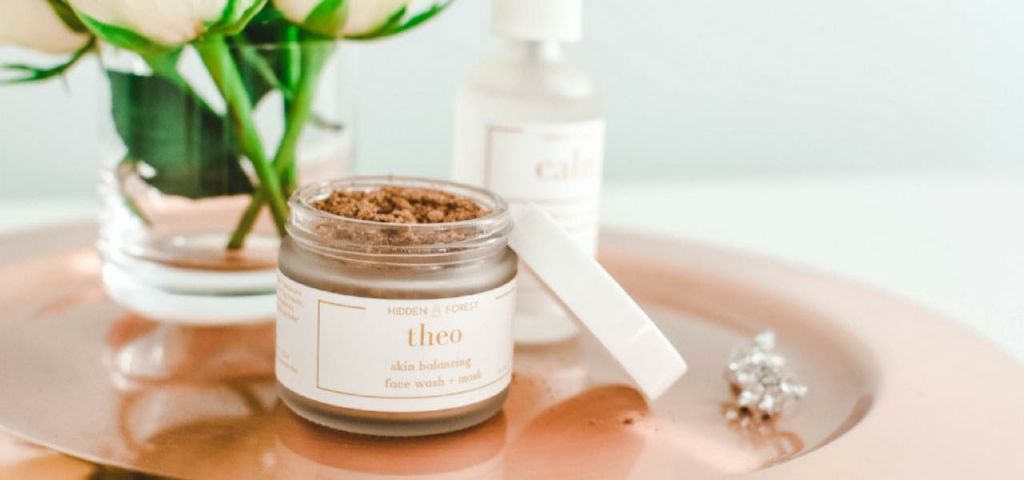
At its current 1,500-square-foot location and online, Be Pure Beauty stocks nearly 30 brands, and color cosmetics is its largest category by volume. However, in-house skincare brand Hidden Forest is responsible for blockbuster products. Other popular brands include Alima Pure, Nu Evolution, Vapour, Acure, One Love Organics and Josh Rosebrook, a recent entry. About 10% of Be Pure Beauty’s business is e-commerce.
Hidden Forest’s selection spans 10 items. The line began with the powder mask and face wash Theo, a product Manring touts for not leaving skin tight or dry. Hidden Forest features three toners: Calm Lavender, Bright Wild Orange and Glow Toner. “One of the missing links in skincare is toner,” says Manring. “Once I’ve educated people on what toner does, and they see the results, they’re on board. The Glow Toner has become one of our bestsellers.”
She mentions Hidden Forest could extend beyond Be Pure Beauty to various natural beauty retailers and e-tailers. The brand’s Detox Your Body Stimulating Body Brush is already available on Amazon. Hidden Forest’s prices primarily range from $8 to $24.
Be Pure Beauty is adding wellness products to its merchandise mix, and it won’t stop building its assortment when wellness is covered. The retailer’s shoppers are intrigued to get their hands on green products they’ve yet to try. “They want more brands. They want access to all of the brands that they’ve seen,” says Manring. “The more we can offer them, the better.”
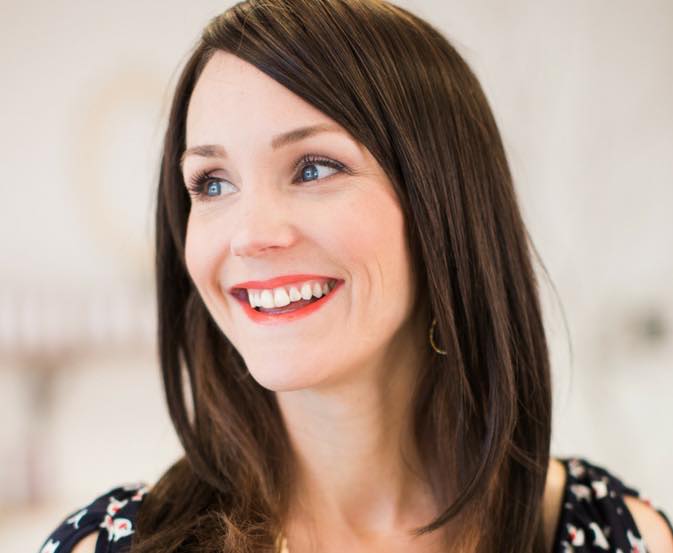
Manring urges brands interested in the retailer to reach out and send samples. She and her staff trial products extensively to make sure they’re effective before they are carried by Be Pure Beauty. They also thoroughly vet ingredient decks to determine if ingredients pass stringent clean beauty thresholds. Be Pure Beauty operates on 50% margins, but Manring foresees the retailer bumping up margins as it multiplies locations.
Manring emphasizes the customer experience at Be Pure Beauty sets it apart. The store provides skin consultations and color-matching guidance. “Our approach is focused on the customer need and the customer leaving with a product that they later tell us satisfied their need. We have the expertise and knowledge to do that,” says Manring. “We don’t have products just to sell. We care about the continued journey, and engage our customers in health and wellness.”
Prior to Be Pure Beauty’s Chapel Hill unit, Manring tested it at a pop-up in Durham for nine months. “It went from being in the pop-up space just covering expenses to tripling in sales,” she reports. Manring divulges holiday sales soared in excess of 200%, further convincing her that Be Pure Beauty’s format is resonating with consumers.
Future stores are expected to average 1,000 to 1,200 square feet. Manring says buildout costs can be kept low by finding spaces with interiors that don’t require massive overhauls. Be Pure Beauty is awash in whites and creams. There are circular displays at the center of the store showcasing merchandise and shelving along the walls. Products are grouped by brand. “It is laid out in a way that encourages you to browse,” notes Manring.
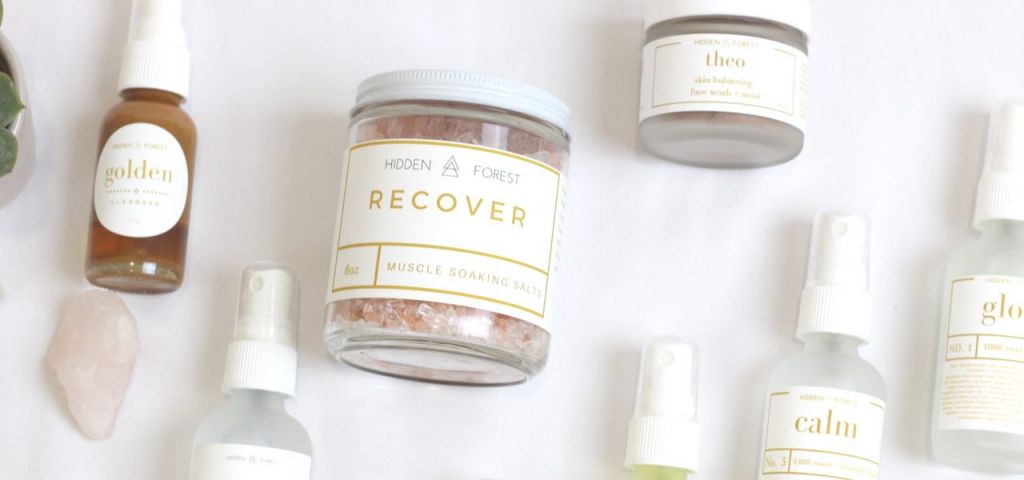
A health scare prompted Manring, who previously worked at Benefit Cosmetics, to convert to clean beauty. As she was climbing the corporate ladder, she got a call from a doctor that revealed a frightening diagnosis. “The doctor was like, ‘Don’t freak out, but you have a tiny brain tumor.’ I was like, ‘You just said don’t freak out and brain tumor in the same sentence. That’s impossible,’” recounts Manring. “I investigated what caused it. I looked up different reasons, and the first thing that popped up was hormone disruptors. It turns out they are in all of these synthetic cleaning and beauty products.”
Armed with information, Manring reevaluated her professional path and personal care stash. While her tumor isn’t common, the reevaluation it instigated is increasingly so. At Be Pure Beauty, Manring describes customers as “28-year-old teachers to 60-year-old self-made entrepreneurs. They’ve avoided makeup for a while because they don’t like overly done or toxic makeup, but they’re starting to come out of the woodwork. They want to use good skincare and makeup, and take care of themselves.”

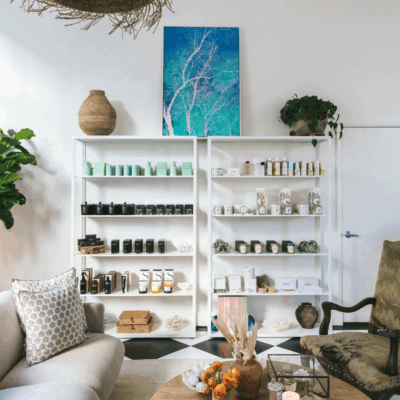
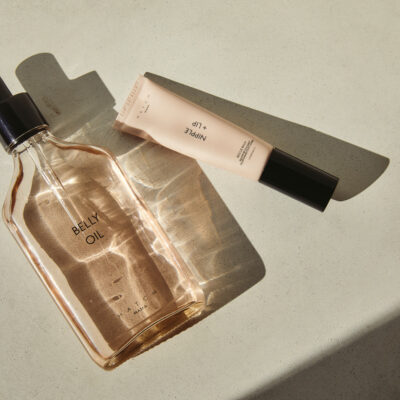

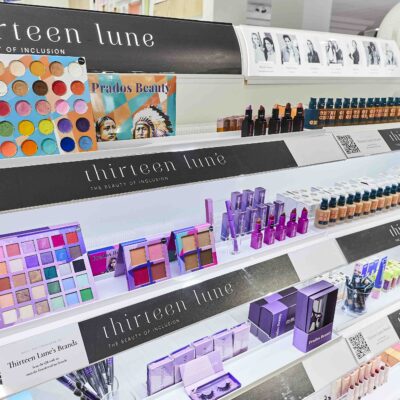
Leave a Reply
You must be logged in to post a comment.